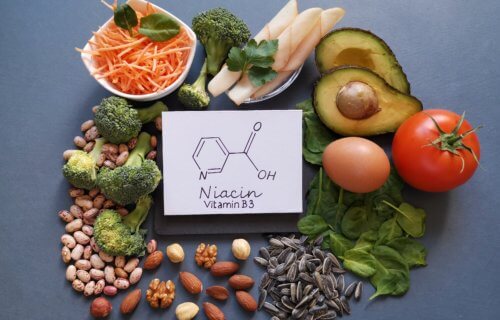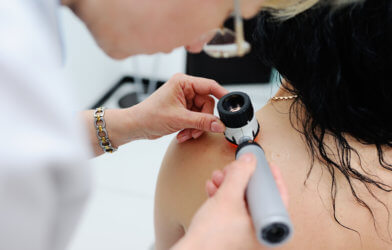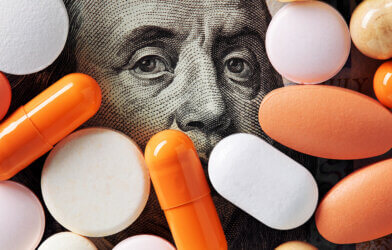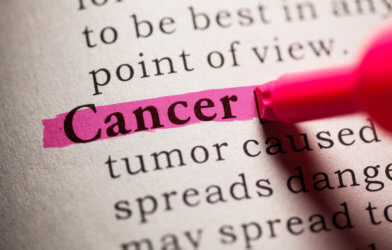NOVARA, Italy — While many people love getting some sun, they know how damaging too much can be for the skin. Researchers in Italy say what you eat can actually help your skin better defend against the sun’s rays. Their study finds niacin (vitamin B3) can protect the skin from ultraviolet (UV) exposure and bring down the risk of developing skin cancer.
Niacin is an important nutrient in both food and supplements. There are also two main forms of this vitamin, nicotinic acid and nicotinamide (NAM). While nicotinic acid lowers cholesterol levels, NAM interacts with the skin cells.
The Italian team studied cells from the skin of patients diagnosed with non-melanoma skin cancers. Researchers treated these cancers with three different doses of NAM for 18, 24, and 48 hours. The samples were then exposed to UV light.
Niacin helps repair potentially cancerous skin damage
The results reveal that pre-treating cells with this form of niacin a day before exposure to UV radiation protects them from oxidative stress. This includes DNA damage caused by ultraviolet rays. NAM also helped to enhance DNA repair in these cells by decreasing the expression of the enzyme OGG1. In addition, niacin cuts down antioxidant expression and prevented local inflammation by decreasing nitric oxides (NO) and reactive oxygen species (ROS) production.
“Our study indicates that increasing the consumption of vitamin B3, which is readily available in the daily diet, will protect the skin from some of the effects of UV exposure, potentially reducing the incidence of non-melanoma skin cancers. However, the protective effect of vitamin B3 is short-acting, so it should be consumed no later than 24 to 48 hours before sun exposure,” says Lara Camillo, a research student from University Hospital Maggiore della Carita in a media release.
Researchers say non-melanoma skin cancers are the most common tumors among white patients. The main risk factor for these growths is overexposure to the Sun’s radiation. These rays also damage the DNA, cause inflammation, deplete cellular energy, and kill cells.
Many foods are rich in niacin and specifically nicotinamide, including meat, fish, milk, eggs, green vegetables, beans, and grains.
The findings were presented at the 29th European Academy of Dermatology and Venereology (EADV) Congress in October.



